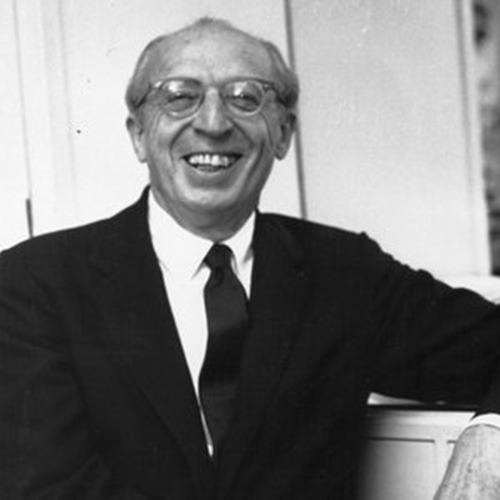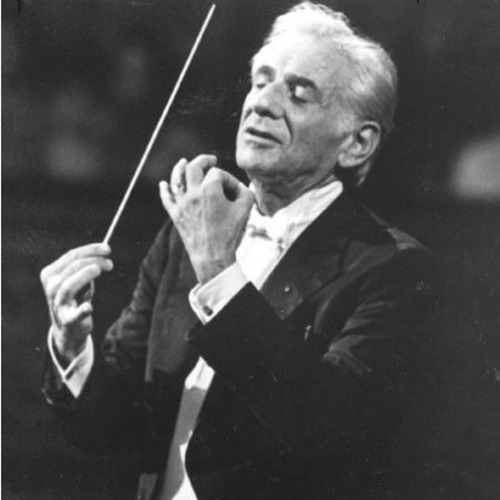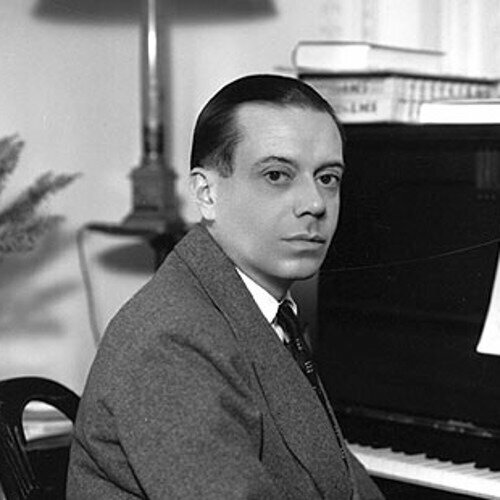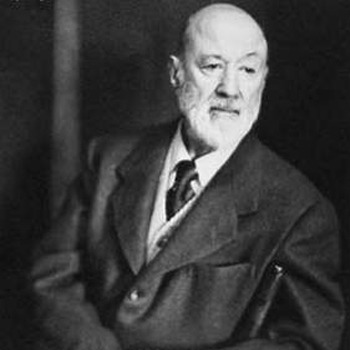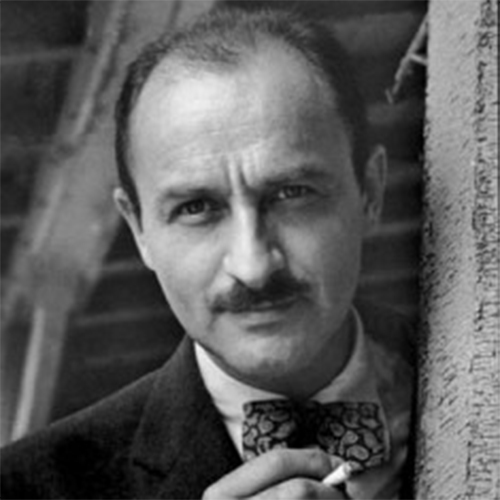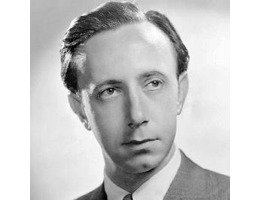An American Original Growing patriotic and nationalistic fervor had virtually inundated all aspects of European society by the middle of the nineteenth century. These political stirrings of national identify and pride not only found their way into all forms of
Archives
‘We need to get out of our comfort zones’ David Aaron Carpenter is a violist with a mission. As well as championing an instrument which unfortunately spends most of its time as the butt of the orchestra’s jokes, he is
The Interpretive Genius There can be no doubt that Leonard Bernstein (1918-1990) was “one of the most prodigiously talented and successful musicians in American history.” He once told the New York Times, “I want to conduct. I want to play
Mommy’s little Darling It’s not easy being the son or daughter of the richest person in the whole wide word! Just ask Kate Cole, daughter of James Omar Cole, at his time, the richest man in the US state of
I watch his music video and am greeted with a jet black mohawk, sequinned top, and sparkly heels, flashily collaged in a rapid onslaught of fast-paced camera angles. Did I mention he’s an organist?
Charles Ives (October 20, 1874 – May 19, 1954) is a composer whose music is still difficult for us to grasp and whose vision for music far exceeded that of his contemporaries. His music seems to be as strongly tied
In search of an identity for Classical music Marc Blitzstein: Piano Sonata The enormous political and cultural changes that flooded Europe in the first decade of the 20th century led to a dismantling of political, social and artistic structures. As
Broadway on my Mind! Morton Gould: Chorale and Fugue in Jazz Some composers effortlessly move between the worlds of popular and classical music. Take for example Morton Gould (1913-1996), an American composer, conductor, arranger, and pianist who was equally at

